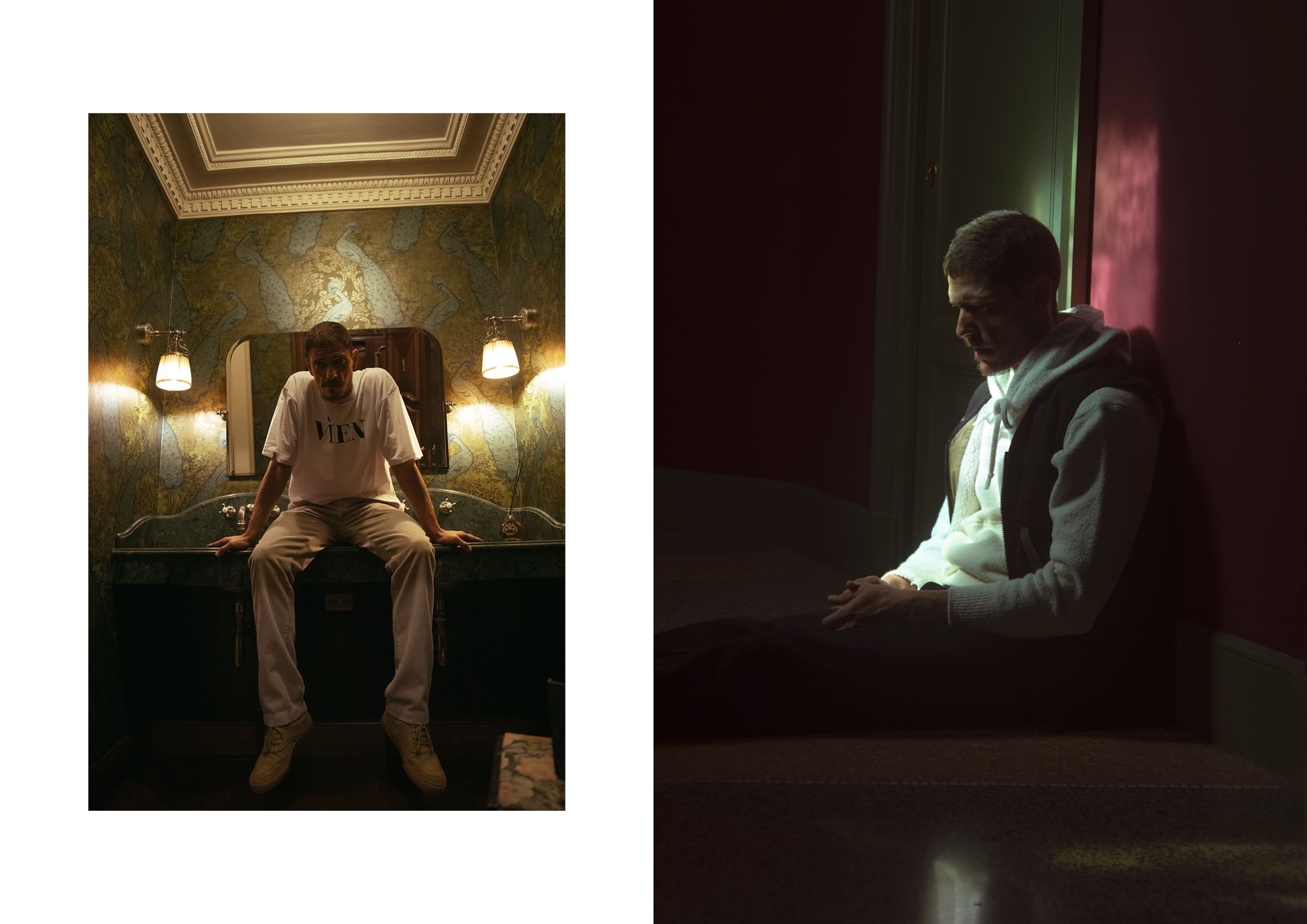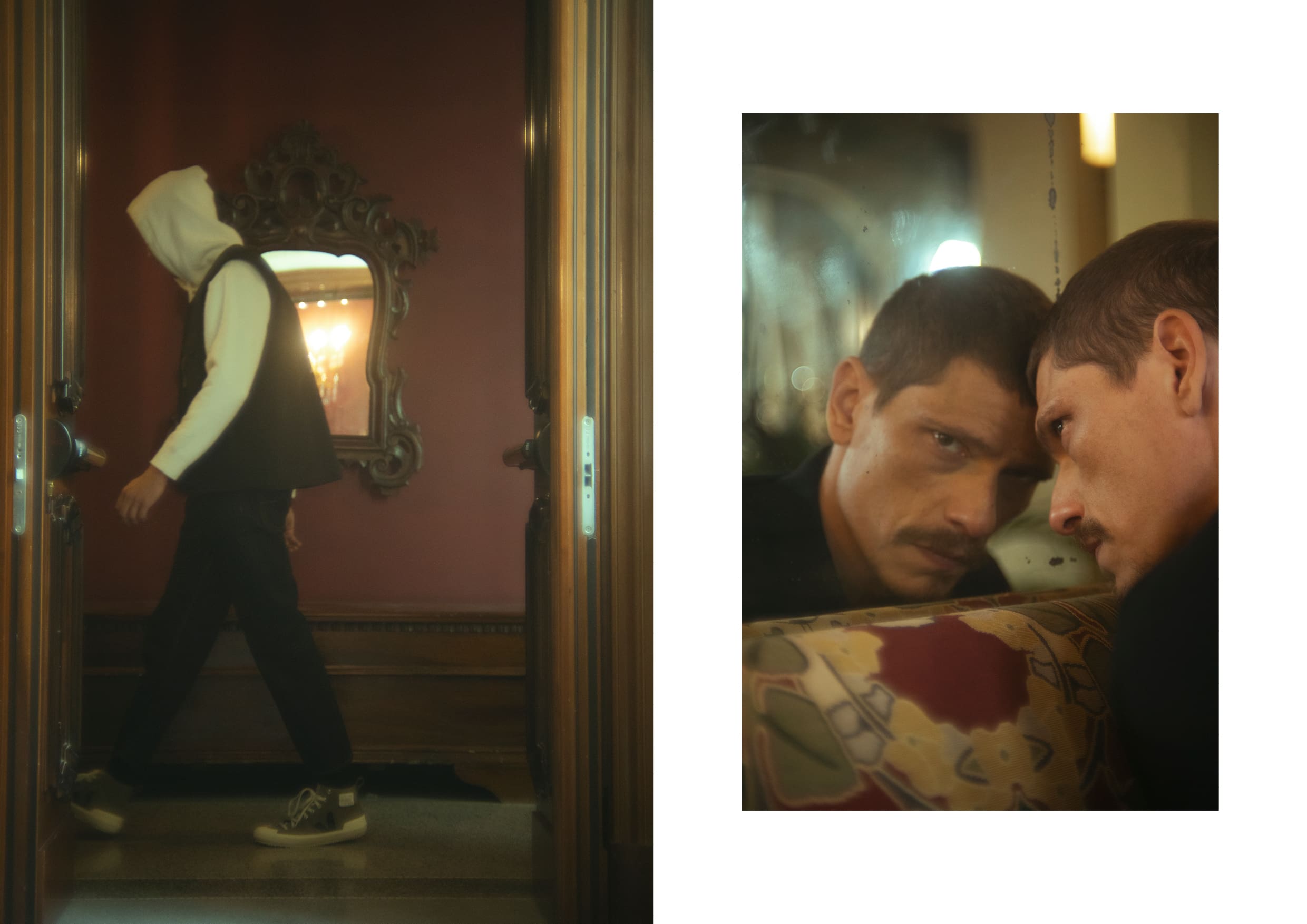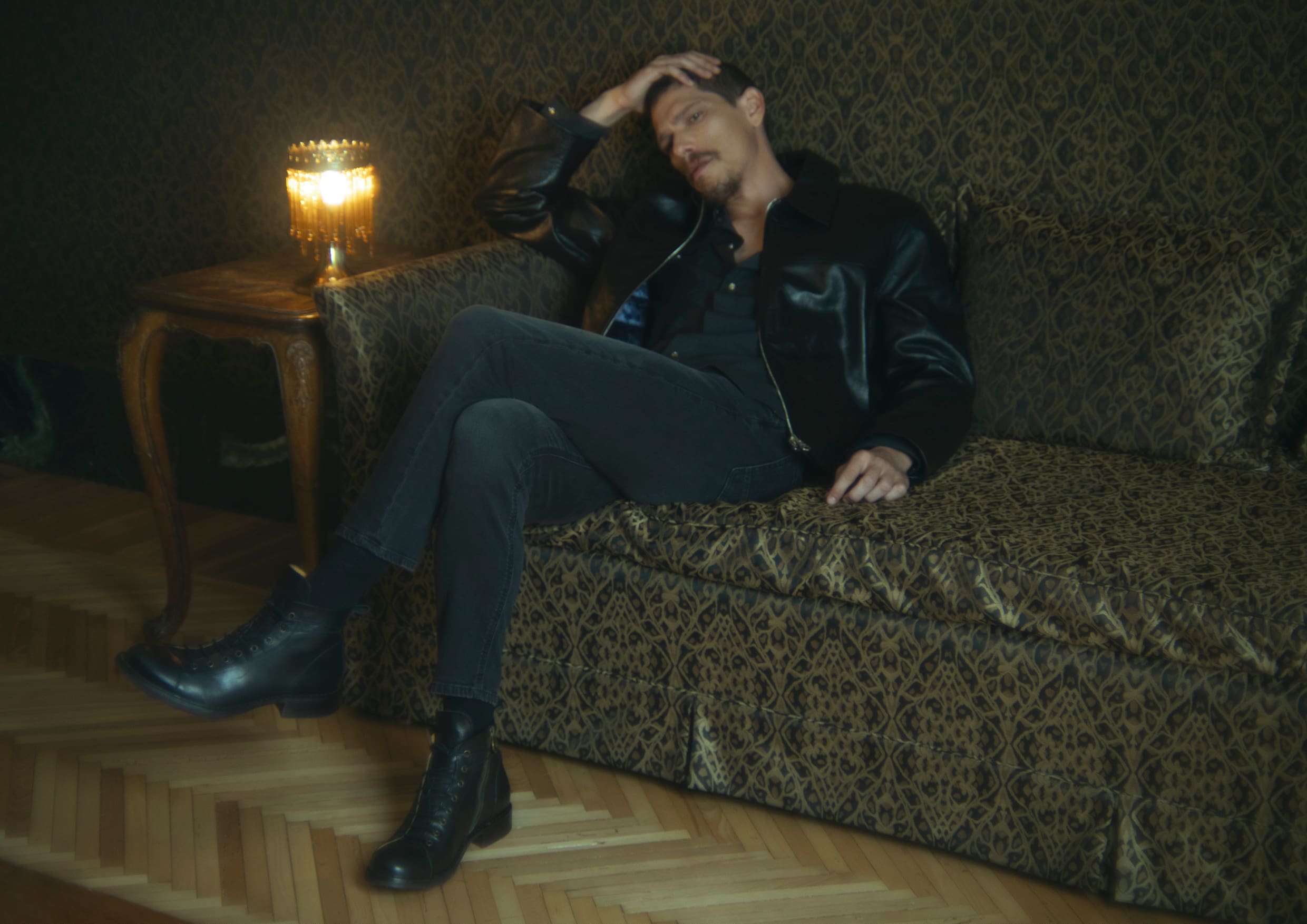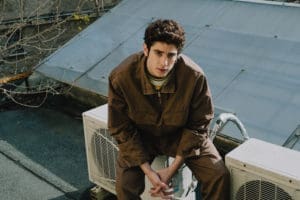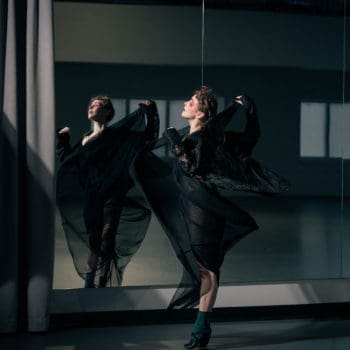‘SA GHE’
Talent Matteo Martari
Photographer Erica Fava
Stylist Alex Sinato
Grooming Federico Donati for Simone Belli makeup
Executive Producer Romina Piperno
Fashion assistant Caterina Egidi
Photographer’s assistant Sara Meconi
Interview by Romina Piperno
Matteo’s press office Rubik comunicazione, Sara Battelli
Location Hotel Locarno – Rome
Editor-in-chief Valentina Ilardi
Hi Matteo, what a year it has been! How have you found?
‘Che anno è, che giorno è’ (quoting Lucio Battisti)
It has been a turbulent year, and not just for me personally – mostly because of what has happened on a national and global scale – everything has become complicated. Fortunately, in spite of these difficulties, there is a lot of demand in our sector, otherwise this wouldn’t be possible.
For instance, last year we shot the ‘Cuori’ series in total lockdown. Turin was in the red zone, but we were working every day and were part of a crew while adhering to all the rules of the pandemic, which made the working conditions quite unusual. And yet it was a stark change to being confined at home during lockdown.
We got to experience an empty city – not just Turin, Rome as well, while filming ‘Quattro Metá.’ Sets are generally extraordinary places anyway. Everything becomes surreal when you are among people who are portraying other people… you can imagine how that is.
It is clear that your craft involves a painstaking study of a character, both on a physical and psychological level. What ethics do you attribute to improvisation in your work?
If by ‘ethics’ you intend any rules imposed on coming up with, and developing, character – I’d say none. The first thing I do is read the screenplay, and you can’t have rules there; screenwriting excites me, and screenplays are different every time. It depends how I feel, because it’s a matter of perception. Often it starts with the physical aspects. I like to try and find bodily traits that distinguishes that particular character. I then enter their psyche, and in that regard we are all incredibly unique. But the same applies for our physicality – each of us has a distinctive trait that distinguishes us. So I like to find that physical trait and make it my own – possess it, manipulate it effectively as if I were that thing. I then begin analysing the character’s psychology, which is dictated by the screenplay. I work at great length on the dialogue.
If for instance, during my own reading, I come up with an improvised joke, I propose it to other actors during a group reading, along with the director and the screenwriters. It has also happened that while we have been shooting, one of my characters says something that wasn’t on the script, and that doesn’t bother me. It’s instinctual – we end up having to add things that we didn’t predict, so it’s necessary to have someone regulating our creative process. It’s an entirely collaborative work.
How connected are you to where you come from?
I’m trying to re-establish that connection. In the beginning I had lost it a bit. When you’re searching for something, you stop appreciating the value of what you already have. After I went away, much like anyone who leaves the place they come from, at a certain point (if you have that sort of sensibility) you feel as though you belong back there in the way you think, and how you live. I did feel as though I belonged there, mostly in terms of how I speak and how I gesture, rather than how I think.
What sound reminds you of your roots?
There’s a saying from Verona that can be applied to lots of things – ‘SA GHE’. If you think about it, absurdly, it almost sounds Oriental. But it’s actually hyper-Veronese, and it means anything and everything: how’s it going, what’s up, tell me about you, you’re annoying me.
I’ve spent many years trying not to repress that sound, putting it in other people’s mouths from Milan to Rome. I rediscovered it while shooting ‘L’Alligatore’ (a series in which Matteo plays the protagonist, a Venetian).
To be able to go back and recreate that sound took a lot of effort, and it wasn’t easy. It took some time. I never managed it when we were shooting at Rome, but It happened magically when we went back to Venice. I’d only managed to make peace with that sound whilst there, and it was wonderful.
If you had to imagine being a dance, what would you be?
I think there’s a discrepancy between the dance that I’d like to be and the one I actually am. I’d like to be classical music, but I’m afraid I’m reggae rock. Perhaps it’s a contrasting combination that comes with our job: being someone and trying to be someone else.
Are you committed to any causes in particular?
Definitely not. This doesn’t mean that I have peace of mind. I simply don’t feel urgency towards anything. I like the idea of going slowly, and taking the time that I need to understand whatever happens to me. If you focus on chasing goals, the risk of losing yourself is huge.
Because if you approach a goal, or a mission, or some sort an achievement, with haste, you risk losing yourself. To be honest though, my natural inclination is to be of great urgency. I often have to remind myself to slow down.
I think the pandemic entrenched this idea in me. At the moment, the idea of rushing scares me. I’m more interested in the idea of progress. Urgency risks being synonymous with ‘in a hurry’ and if we run too fast we risk ‘melting glaciers.’
Every respected artist amasses failures. Are there any of yours that you regard with a certain affection?
Failure is always just around the corner. I think failures are a result of strange, wrong or perhaps daring choices – or rushing. The point isn’t the failure but the awareness of certain choices that a person has made in their life, which then leads us to being who we are now. We are the sum of a series of choices we have made, and these have led us to successes and failures. There are some people that remember these clearly and others who don’t remember at all – but it has nonetheless formed them. Perhaps we concentrate on the wrong choices, and we waste energy on failures that weren’t worth thinking about. This isn’t to say we should dismiss them. If it happens, we should instead face them with all the strength necessary to start from scratch.
How do you manage to keep up with the times in your art?
I’m not interested in trying to keep up with the times because I want to stay true to myself. I’ll try my best to stay in touch with myself as far as I possibly can. I try to figure out what gratifies me by working on myself, rather than attempting to trace where the times are going… because in the end the only person I’ll have to live with is myself. Instead, I take a step back; I’d rather be in step with history rather than the contemporary moment (laughs)
Do you think being an actor involves learning to unlearn, in some way?
We definitely must try to dodge or break down barriers. Judgement – for instance. Judging yourself, feeling inappropriate/ adequate.
Perhaps you learned how to behave in a way that makes you feel comfortable with yourself in society, a way it makes you feel accepted. But instead you need to act oppositely to meet the demands of your character – and that’s where the fracture is.
Do you have a mentor who inspires you?
I’m really lucky to have met lots of special people in my life. Many of these were in unlikely situations and in difficult circumstances (I began working at thirteen years old). Among them are the manager of the pizzeria I worked at for 3 years, my cousin’s mechanic, the amazing women that I’ve managed to share beautiful experiences with. I count everyone I have established loving relationships with, as well as those I’ve fallen out of touch with because life has taken them on a different path.
I’ve also met people who have become unintentional mentors; I chose to open myself up to them and through dialoguing with them I have grown. Simply because they had a point of view different to yours, and if you are disposed to listen, there’s always room for growth.
How hard on yourself are you today?
I’m pretty hard on myself these days, professionally speaking. But as for my life, I see that as a work in progress. You have to learn to forgive, forgive yourself above all, because otherwise life is too hard. In the past I’ve been really hard on myself, but I’m now able to treat myself more kindly.
Marlon Brando once said that theatre was for actors, cinema was for directors and TV was for the rest. If you could respond to this, what would you say to him?
With humility, I would say, ‘Mr Brando, the times have changed’ and I hope he would laugh… who knows if he would understand Venetian humour… I’d try to tone it down with a joke and I would also thank him because he’s done incredible things.
Which of Dante’s Cantos do you find yourself in at this point of your life?
Dante’s work is vast, but there’s something I remember from school: ‘And so we went out to see the stars again.’ I think this is applicable today and not only for me … this metaphor is a good omen for everyone, to reclaim our spaces and look at what the skies offer us. So I’d say, Inferno – Rock and Roll! (laughs)
To close the interview: what title would you give to your biography?
I’ve already been asked this question and spent fifteen minutes saying ‘I have no idea’… in the end, if I had to say, I would call it ‘I HAVE NO IDEA.’



